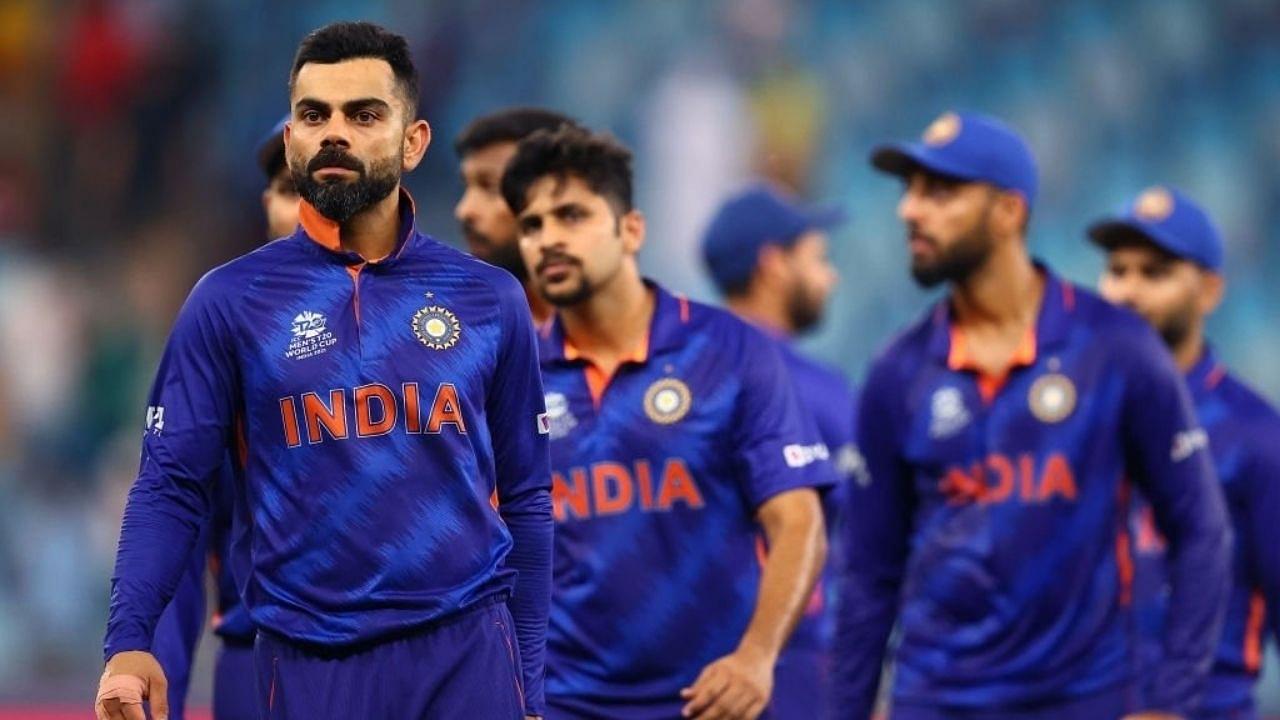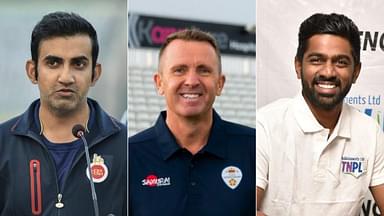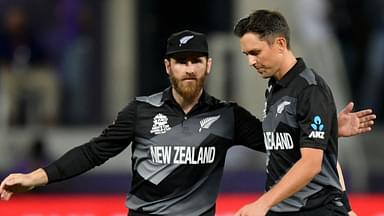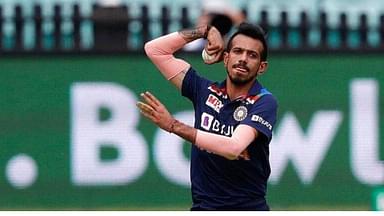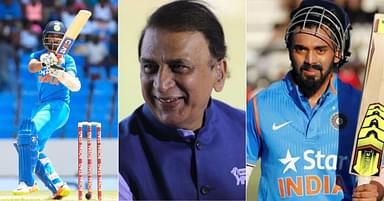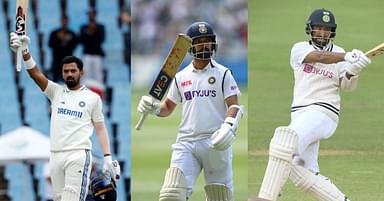Being consistently inconsistent with their selection decisions has cost the Indian cricket team a great deal in white-ball ICC events of late.
Advertisement
“Quite bizarre. To be brutal upfront, I don’t think we were brave enough with bat or ball,” India captain Virat Kohli said during the post-match presentation ceremony after a disheartening loss to New Zealand in the ongoing ICC T20 World Cup 2021 in Dubai last night.
While India weren’t brave on the field, they were quite brave off it to make the choices that they made before and during this World Cup. No beating around the bush today. Let’s get straight to the point. India have nowhere been at their best in this tournament. A second loss in a row for Kohli and his men have all but shut the doors of the semi-finals for them.
Never had I thought that I’d be writing such a story so early in the tournament. Two consecutive losses have forced India to be dependent on teams such as Afghanistan, Scotland and Namibia and, of course, the NRR (Net Run Rate). This dependency, however, comes with a great degree of unreasonableness.
💔
— Wasim Jaffer (@WasimJaffer14) October 31, 2021
Ignoring this particular squad for a moment and considering the overall potential and clout of the modern-day Indian cricket team and the BCCI (Board of Control for Cricket in India), anything less than a title victory in a World Cup is unacceptable especially when you haven’t won one in a decade now. While expecting winning a World Cup every single time is ill-though-out, it is still less ill-though-out than this team’s combinations.
Being consistently inconsistent no hallmark for great teams
India’s last T20I series (comprising first-choice players) before the World Cup was against England at home in March. Frankly speaking, India’s debatable selection decisions aren’t novel as they had provided hints of needless experimentation during the England series as well.
Kohli, who had talked about opening the batting with vice-captain Rohit Sharma in this World Cup back then, changed his stance (not for the first time though) highlighting how Lokesh Rahul’s Indian Premier League 2021 form made him an automatic candidate to open for India.
In their tournament-opener against Pakistan in Dubai on October 24, all Sharma and Rahul could manage was a 1-run opening partnership. With batter Suryakumar Yadav suffering a back spasm ahead of the New Zealand match, India not only included Ishan Kishan as a specialist batter but also portrayed the audacity of tinkering with their opening combination by demoting Sharma to No. 3 – only the third time in his 113-match T20I career.
Agreed that Kohli’s messaging to Kishan was that of selecting him as an opener, but the left-handed batter has made quite a name for himself due to his ability of being a floater. When asked about preferring Kishan over Shikhar Dhawan, chief selector Chetan Sharma had also pointed out the former’s (additional) ability to bat in the middle-order. While Kishan could have easily adjusted at Yadav’s No. 5 position, the Indian team management chose to be consistent at practicing inconsistency with respect to their combination in a world event.
Not that opening with Sharma and Rahul and playing Kishan at No. 5 would have guaranteed India a victory but, the last I checked, great teams tend to stick to their combinations. India, on the contrary, haven’t looked like one. Instead, they’ve somehow managed to look like a pale shadow of their former self on the back of surprising changes in white-ball ICC events. What saddens me the most is that this hasn’t happened for the first time.
It was almost the same team management which had been arraigned for almost committing the same mistakes during the ICC Cricket World Cup 2019. Remember Ambati Rayudu? Vijay Shankar? Dinesh Karthik at No. 5 in a World Cup semi-final?
Both these World Cups have been a witness to India remaining consistent with certain spots throughout the build-up but making panicky choices during crunch moments. Something that you don’t expect from a team of their calibre.
Indian bowlers, who had to defend below par targets twice in a row, are less at fault but they, too, have had their share of being part of inconsistent selection decisions. India’s most successful T20I bowler since his debut, Yuzvendra Chahal, isn’t even a part of this World Cup squad. Rahul Chahar, Chahal’s replacement for bowling with pace, hasn’t played either of the two matches.
Instead of Chahal and Chahar, India included Varun Chakravarthy in the XI. Having played just three T20Is before the World Cup, Chakravarthy’s selection as a mystery spinner hasn’t augured well for the team due to a lack of mystery in the eight overs that he has bowled across two outings. Ravichandran Ashwin earning a T20I comeback after as many as four years but not getting to play remains another mystery for another time!
